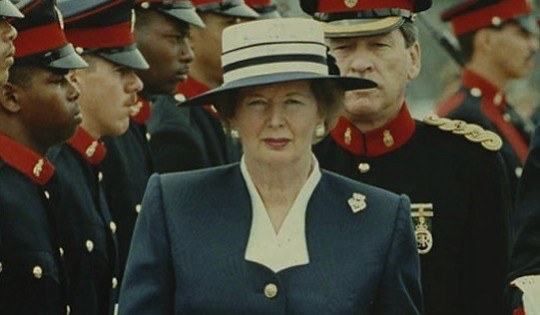How much do you really think for yourself? I mean really question…
In the days after the death of Margaret Thatcher I’ve been struck by the enormous depth of feeling about her and her policies that many people still demonstrate on whichever side of the political fence they sit.
So clearly we don’t forget…or do we? You’d think the apparent high level of emotional response and political argument her death has generated would signify a clear memory of that era and the decisions made.
You’d think that as a nation and as leaders in the workplace we could learn from the triumphs and disasters of history to build a bigger and brighter future for all.
Sadly and amazingly, the answer is we rarely learn as much as we might hope from the past. As a nation and as individuals we repeat the comfortable patterns of beliefs and resultant behaviours that populate the life scripts we wrote for ourselves early on. No matter how much evidence points us to the wisdom of a different way of thinking or being.
Dan Ariely uses a visual illusion to illustrate how we do this. Have a go at thinking for yourself and see how you get on:
Breaking Patterns
In our training courses at Aspire we focus on two areas of work:
Self Awareness
The first step is to look inwardly and have enough self awareness to see a belief for what it is. It is not necessarily a fact – it may be just a thought which precipitates certain resultant behaviours.
Choices
The second step is to identify choices for the individual.
This may be choosing an alternative belief or changing what they want out of a situation by looking at it from a different perspective.
It may simply be a question of choosing to behave in a different way to create a different outcome.
Energy
The third step is to understand that change involves energy and the stronger the pattern the more energy we need to interrupt it. We can expect to fall back into old ways of doing things at first but noticing this and persevering with a new choice does work and gradually beliefs and patterns can be changed to create a different outcome.
The future
Then we can start to learn from history and change the future.
As Henry Ford, American founder of the Ford Motor Company, said so pithily
If you always do what you’ve always done, you’ll always get what you’ve always got.


Leave a comment